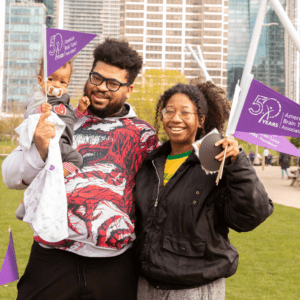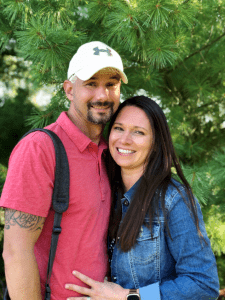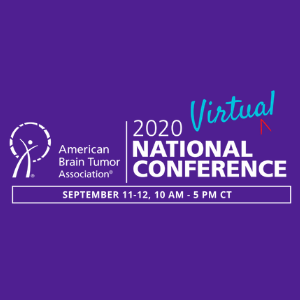By: Jeanneane Maxon, Optune® patient
Sponsored by Novocure: This content is not an endorsement from the ABTA.
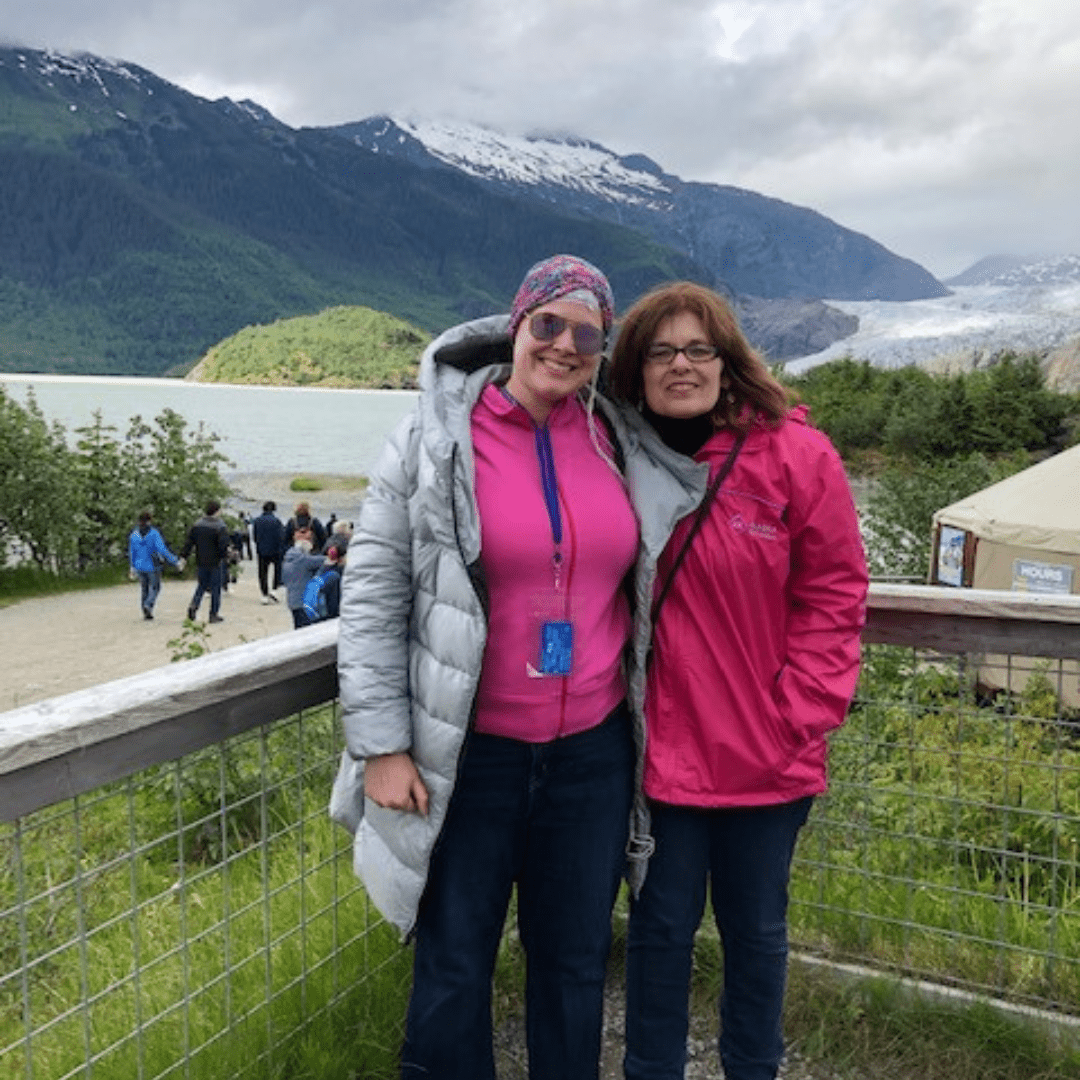
Support from loved ones
Seared in every GBM patient’s memory is the day they learned they had a tumor in their brain. For me, it was a grey December day, while I laid in a hospital bed in an emergency room in Washington, D.C. The doctor delivering the news let out a huge sigh before he drew the curtain back, as if to say, “I do not want to deliver this news.” When he told me that he suspected I had a brain tumor, I refused to absorb the news. I asked them to give me anti-anxiety medicine and painkillers in hopes that I would fall asleep, and fall asleep I did.
Eventually, however, I would have to face the reality that I would be fighting for my life at the young age of 36. I was blessed that my best friend and my dad, who lives 1,300 miles away in Texas, were with me when I heard the devastating news. My mom arrived at the hospital soon after as well, and I cannot fathom how I would have handled the news without them.
Maintaining Hope
As I awakened from my forced sleep, I realized that I would need to let go and allow my family and physicians to care for me, and not just care for my health. I needed to figure out how I was going to handle other functions of my life, such as finances, relationships, my living situation, etc. As an independent woman who had lived alone for most of her life, this was hard to do.
Ultimately, letting go was one of the best decisions I ever made. It allowed me to gradually take in this new reality of my diagnosis. Processing a GBM diagnosis is not something that happens all at once. It has been a daily process that has continued for me since that grey December day. In time, I was able to develop some tricks and tools to help me process. I call this my “coping routine.”
First, I refuse to give up hope and accept any expiration dates for my life. As a person of faith, I believe only God knows when your time on earth is complete. When I hear about other GBM patients passing, I tell myself, “That is their story, but it’s not yours.” With the help of my faith, I have developed a spirit of gratitude. I am grateful for every treatment, even the chemotherapy that makes me ill. I am grateful for every day I have with my family, even the ones that are the hardest.
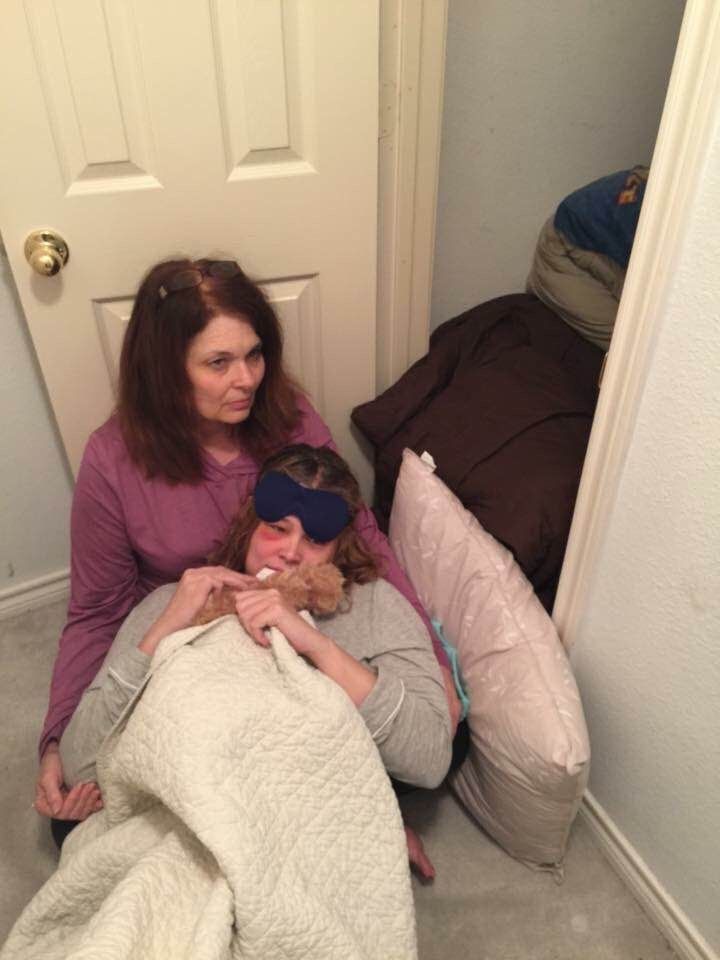
Second, I take advantage of the help offered by others. My mother fills the role of “researcher,” so I do not have to fill my mind with any grim statistics. Fighting GBM is a full-time job, so I stopped working for a while. My dad is my main source of financial support and I moved into the spare room in his apartment in Texas when I was first diagnosed. We still live together but are now in a house we own. My brother, a level 1 trauma nurse, is my healthcare power of attorney. My best friend, who was familiar with my life in D.C., handled communication with my colleagues, friends, and even assisted in my lease termination when I chose to move to Dallas for treatment. She continues to be a source of support for me. Others have set up fundraising campaigns, arranged meals, and showered me with prayers and support. I am beyond grateful for every person that has been by my side on this journey.
Keeping myself busy
Early in my treatment, a cancer survivor advised me to “develop an obsession” to help me cope. I took her advice. As an avid reader, I had always dreamed of having a personal library. I developed a spreadsheet of 3,000 books that I wanted to acquire, and I started collecting them by going to book fairs and purchasing discounted books online. I also planned out every vacation I have ever dreamed of down to the most minuscule detail. Devoting my mind to things I enjoy and dreams I have has kept me from sitting in the sorrow of my diagnosis on a daily basis.
Because I was not working for a while, I devoted time to help homeschool my niece and nephew. I also created a personal blog called Cancer, Courage, and Christ. I’ve learned that occupying your mind with things you enjoy is helpful for GBM patients like myself. Some learn a new language, others learn how to play an instrument, and some even finish their degrees through online courses!
Planning for my future
Making plans for the future is very important to me. I planned a large birthday celebration for my first birthday post-diagnosis as well as a vacation for my family at my one-year anniversary. I have plans to celebrate my five-year anniversary and am also in the works for my 10-year anniversary as well. Early into my treatment, I knew I wanted to start working again and I am now able to work. I refuse to stop planning for a long and beautiful future.
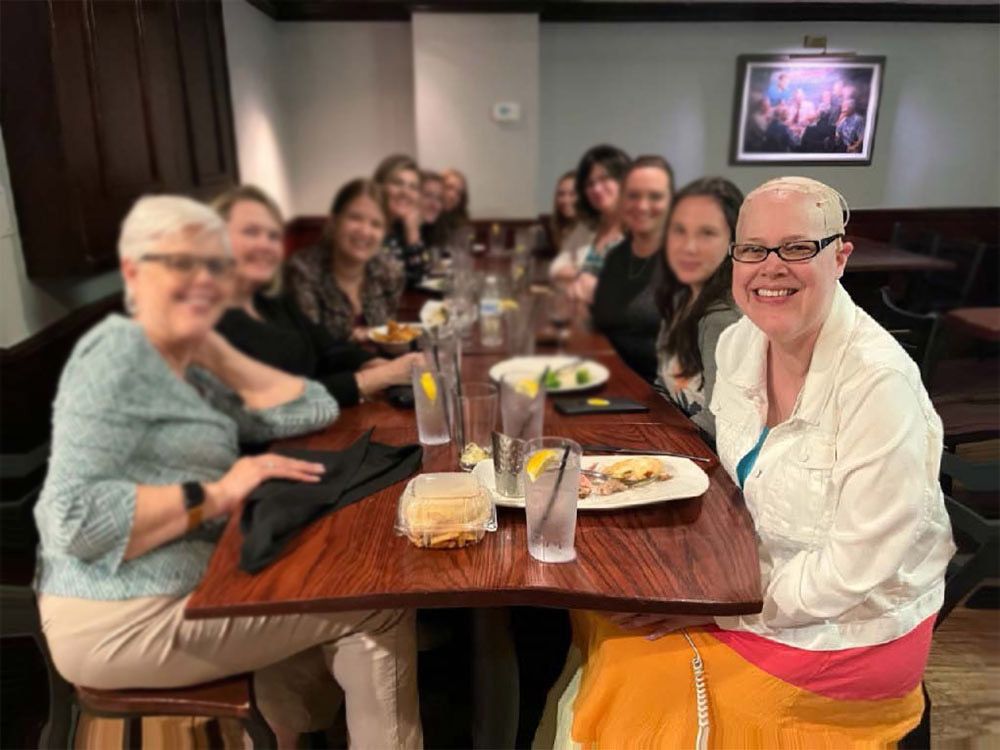
The final part of my coping routine is to schedule “cancer-free days” where I do not think or talk about my cancer. I ask my friends and family to do the same, too. Having days where I can be carefree has helped me cope. Every GBM patient is different with their own routine to help them manage their diagnosis. Developing your own should prove helpful as you continue your fight. At the end of the day, we’re all in this together!
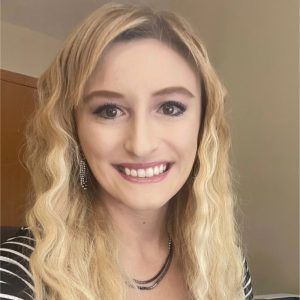
Jessie Schlacks
Jessie is Managing Editor of the bi-monthly e-newsletter MindMatters. Submit story ideas or questions to jschlacks@abta.org.



